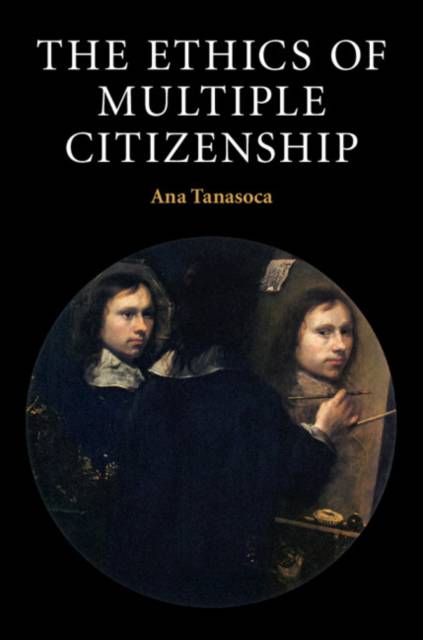
- Afhalen na 1 uur in een winkel met voorraad
- Gratis thuislevering in België vanaf € 30
- Ruim aanbod met 7 miljoen producten
- Afhalen na 1 uur in een winkel met voorraad
- Gratis thuislevering in België vanaf € 30
- Ruim aanbod met 7 miljoen producten
Zoeken
€ 125,95
+ 251 punten
Omschrijving
Citizenship is no longer an exclusive relationship. Many people today are citizens of multiple countries, whether by birth, naturalization, or even through monetary means, with schemes fast-tracking citizenship applications from foreigners making large investments in the state. Moral problems surround each of those ways of acquiring a second citizenship, while retaining one's original citizenship. Multiple citizenship can also have morally problematic consequences for the coherence of collective decisions, for the constitution of the demos, and for global inequality. The phenomenon of multiple citizenship and its ramifications remains understudied, despite its magnitude and political importance. In this innovative book, Ana Tanasoca explores these issues and shows how they could be avoided by unbundling the rights that currently come with citizenship and allocating them separately. It will appeal to scholars and students of normative political theory, citizenship, global justice, and migration in political science, law, and sociology.
Specificaties
Betrokkenen
- Auteur(s):
- Uitgeverij:
Inhoud
- Aantal bladzijden:
- 218
- Taal:
- Engels
- Reeks:
Eigenschappen
- Productcode (EAN):
- 9781108429153
- Verschijningsdatum:
- 27/09/2018
- Uitvoering:
- Hardcover
- Formaat:
- Genaaid
- Afmetingen:
- 236 mm x 156 mm
- Gewicht:
- 444 g

Alleen bij Standaard Boekhandel
+ 251 punten op je klantenkaart van Standaard Boekhandel
Beoordelingen
We publiceren alleen reviews die voldoen aan de voorwaarden voor reviews. Bekijk onze voorwaarden voor reviews.











